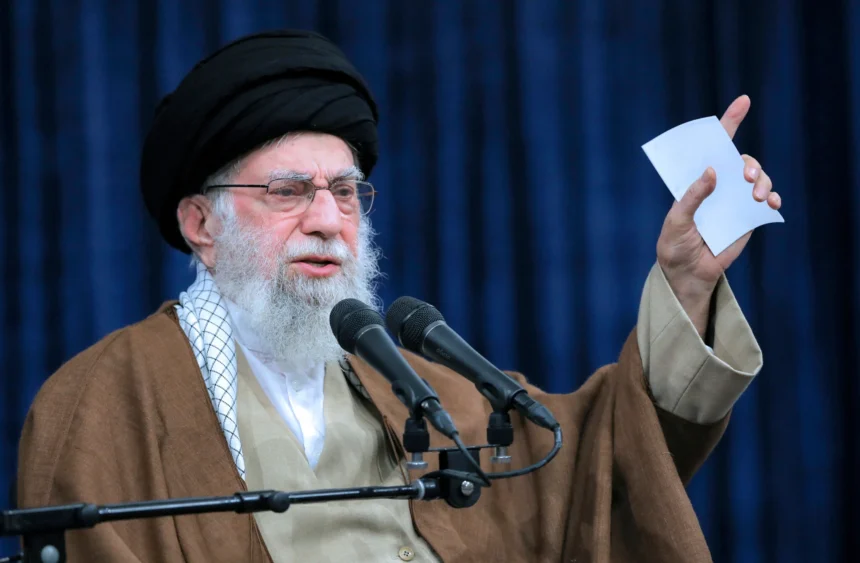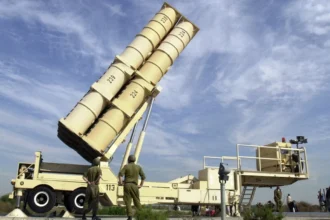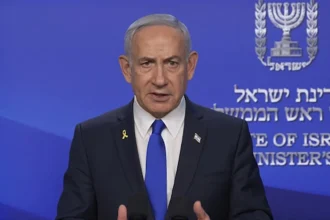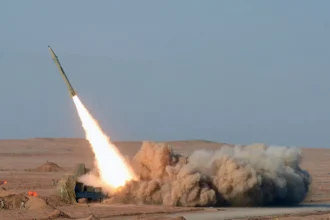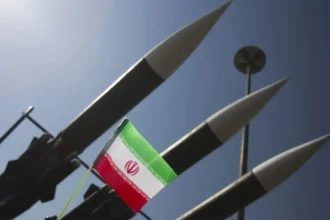Recent reports suggest a noticeable cooling of hostilities between Iran and Israel after years of intense conflict marked by covert operations, proxy battles, and political brinkmanship. This easing raises hope that the two nations might be moving toward dialogue or negotiations.
Several factors contribute to this potential thaw. Both sides face considerable external pressures—economic sanctions on Iran and regional security challenges for Israel—that make prolonged conflict costly. Additionally, shifts in global geopolitics, including changing alliances and the priorities of major powers, have created space for diplomatic engagement.
However, deep-rooted mistrust remains a significant barrier. Iran’s leadership is divided between hardliners wary of Western intentions and pragmatists open to talks under the right conditions. Meanwhile, Israel continues to prioritize security and deterrence, wary of any agreements that might embolden Iranian regional ambitions.
International mediators and backchannel communications are likely playing a role in de-escalation efforts, but concrete negotiations would require significant confidence-building measures and compromises from both sides.
While the situation remains fragile, the recent slowdown in tensions is a positive sign. The path to meaningful negotiations is still uncertain, but the possibility of dialogue offers hope for a more stable Middle East in the future.

